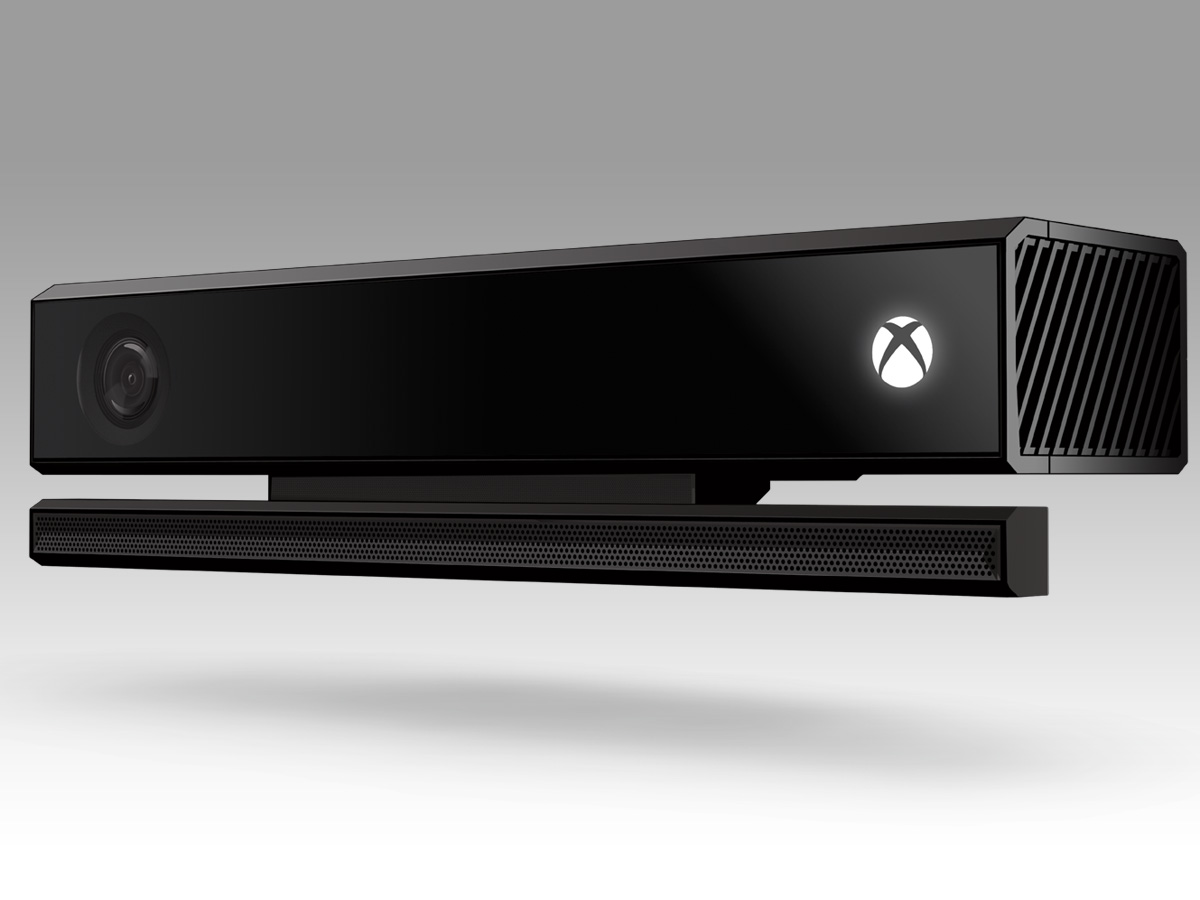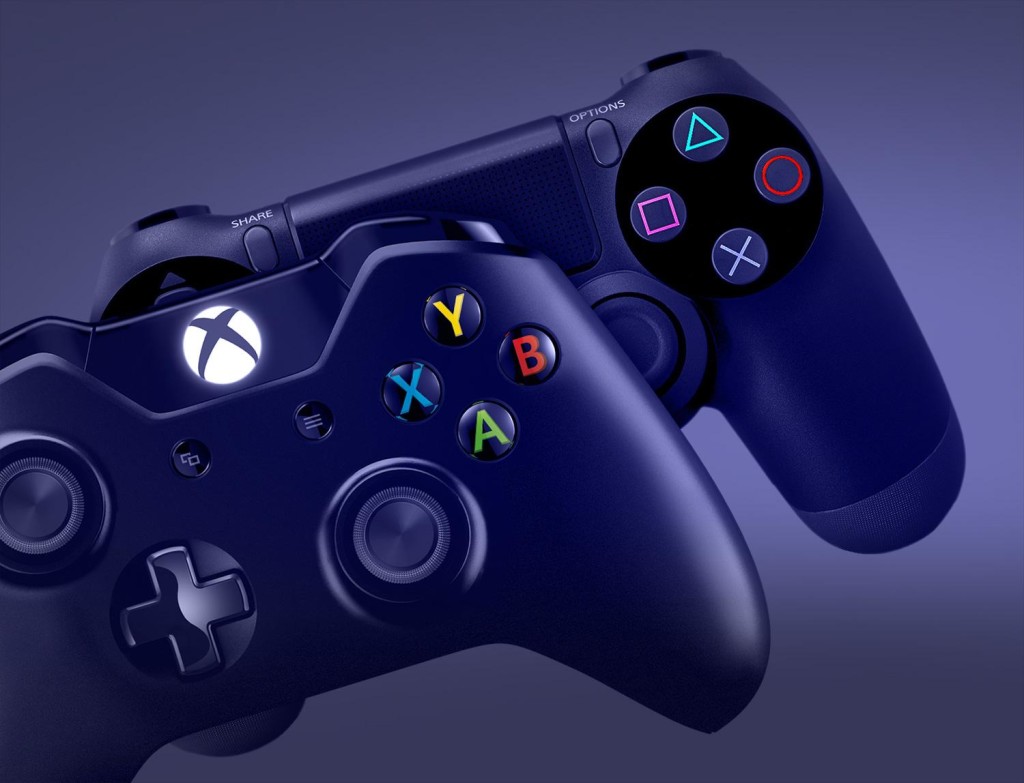
Many Google patrons have attempted to brave the waters of the Bing search engine, and many said adventures have ended in peril. For the avid Google user, even the notion of switching to what many see as the inferior search engine is met with much angst. But to really try Bing—I mean giving a truly honest try—may not end as badly as one might think. Tempting fate without the right amount of providence may be a foolish endeavor for some, but I guess you can call me the fool.
Hands down the most popular opinion around the inter-webs is that Google has the best search engine. By best, meaning that in more cases than not, you will find the information you want very easily, with little to no additional effort. Most of the time your sought after answer is presented on the first page of results. This makes for a happy camper, hence the popularity. And with additional services of high to moderate popularity like Google Mail, Google Analytic’s, Google Ad-Sense, and Google Plus, the ability for Google to bolster their beloved search engine by leveraging these additional services has only strengthened over time.
But what about Bing? First off, I’d like to say that the results just aren’t as good. At least for the type of content I search for in particular. Obviously your results may vary, depending on the type of queries that peak your interest. That being said, I do feel the search results are good enough. Most people won’t be searching on the various nuances of programming languages as I do. Most people will just need basic results for basic things. And in that aspect, Bing is okay. Not great, but good enough.
And I guess it’s worth pointing out that Microsoft has attempted to foster its own Google Plus-like integration by providing integration with Facebook. And it kinda works, but is not all together as seamless as what their counter-part provides. Reason being, Facebook is another service that requires another log-in. Which gets me to my next point. Because Google can levee Gmail, Plus, and most notably Ad-Sense, further enhancing their ability to give highly personalized results is only a matter of pooling the resources. Which is why—more often than not—Google search just feels like it knows what your looking for, because, well, it does.
Do these services provide a huge advantage for Google? Yes. But the story isn’t over yet. Microsoft posses many advantages as well. Though they are vastly different from the service-oriented nature of the advantages Google uses to make their service great, Microsoft’s leg-up consists mostly from the intrinsic value of being everywhere. Microsoft still dominates the desktop market, and will do so for the foreseeable future. And while tablets and mobile devices have started to chip away at their over-all personal computer dominance, it may be a while before—or if—the tide turns.
So, to further elaborate on the last point. Microsoft Windows comes with Internet Explorer installed, and Internet Explorer’s search is set to Bing by default. Microsoft still holds an enormous percentage of the PC market share, and the PC market share versus tablet/mobile market share still holds in their favor.
I guess one could think of Microsoft’s biggest task as keeping the users it already has by default. And again, with Google dominance, this is no small order. Which has led Microsoft to do its best to sully the Google name by launching its “Scroogled” advertisement campaign, which aims to inform users of Google parsing of email to present ads in Gmail. Screwed by Google, get it? And while this campaign is not really going to make anyone who if faithful to Google hop back on the Microsoft bandwagon, it may just in fact keep a good number of users on Bing. The ad-campaign is obviously geared toward promoting fear, no question.
All in all, only you can decide which search engine is right for you. If you’re into the whole Google ecosystem, it’s probably worth-while for you to stick with Google to receive more focused/tailored results. The same can be said of Bing, but to a much lesser extent. Again, Google search is superior to Bing in almost every way, but having faithfully used Bing for almost everything over that last few months, it’s good enough. And maybe that’s all it hopes to be.

 Why not kill Kinect? Recently the question was posed to me, “Do you think Microsoft would ever sell the Xbox One without the Kinect?” At the time I was firmly adamant that Microsoft would never do such a thing, stating that they have gone all-in on Kinect on the Xbox One. In that same discussion, we talked about the Nintendo Wii-U and the added expense that Nintendo ensues on the Gamepad, which we decided hadn’t been taken advantage of nearly enough. I then raised the idea of Nintendo selling the Wii-U sans Gamepad. I was quickly put in-check as to why I thought Nintendo could sell the Wii-U without the Gamepad, and Microsoft could not sell the Xbox One without the Kinect. Obviously, this got me thinking.
Why not kill Kinect? Recently the question was posed to me, “Do you think Microsoft would ever sell the Xbox One without the Kinect?” At the time I was firmly adamant that Microsoft would never do such a thing, stating that they have gone all-in on Kinect on the Xbox One. In that same discussion, we talked about the Nintendo Wii-U and the added expense that Nintendo ensues on the Gamepad, which we decided hadn’t been taken advantage of nearly enough. I then raised the idea of Nintendo selling the Wii-U sans Gamepad. I was quickly put in-check as to why I thought Nintendo could sell the Wii-U without the Gamepad, and Microsoft could not sell the Xbox One without the Kinect. Obviously, this got me thinking.
